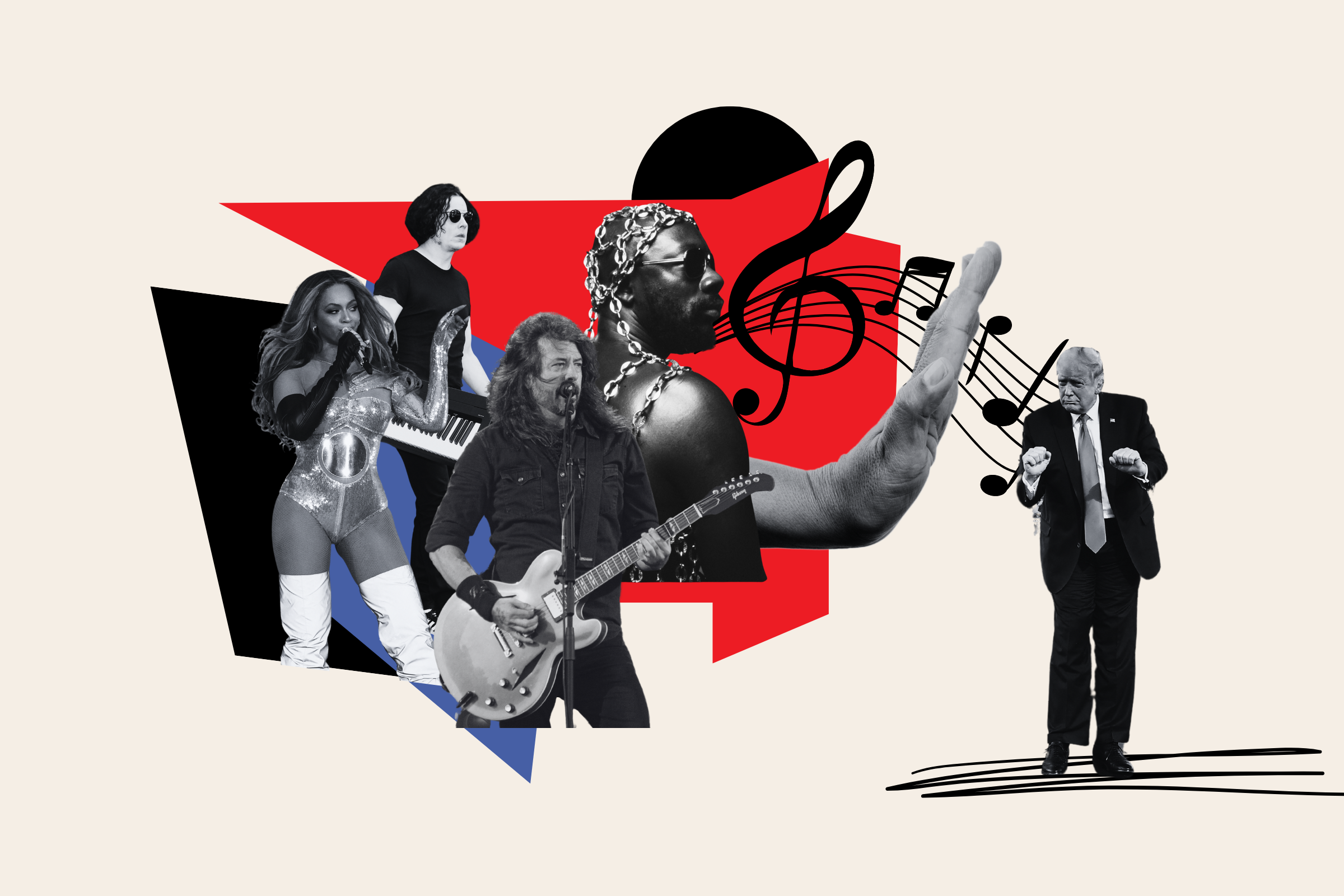Former President Donald Trump is facing potential legal challenges from a variety of artists, including ABBA and Beyoncé, following a recent court ruling. A federal judge issued a temporary injunction that prohibits Trump from using the 1966 song “Hold On, I’m Coming” at his campaign rallies without the necessary permissions.
Judge Thomas Thrash Jr. delivered this decision in Atlanta, asserting that the song, co-written by the late Isaac Hayes, cannot be played by Trump without proper licensing. Hayes’ son, Isaac Hayes III, expressed his satisfaction with the ruling, stating, “We are very grateful and happy for the decision. Donald Trump has been barred from ever playing the music of Isaac Hayes again.”
Historically, artists have frequently condemned Trump’s unauthorized use of their songs, but until now, no one had moved forward with a lawsuit. An attorney noted that the costs and complexities of legal action have often deterred artists from pursuing these cases.
While Trump believed he had legal backing—having received written consent from BMI (a songwriter rights organization)—the court still sided with Hayes’ estate. This suggests that other artists may now feel emboldened to take action against the former president for similar infringements.
‘Don’t Even Think About Using My Music’
Recently, Jack White of The White Stripes warned Trump against using his band’s song “Seven Nation Army,” stating via Instagram, “Don’t even think about using my music you fascists.” Additionally, the Foo Fighters made it clear that they had not approved the use of their song “My Hero” at a recent rally.
ABBA also made headlines when they requested Trump cease using their music, including hits like “Dancing Queen,” during his rallies. Beyoncé’s team had previously permitted her song “Freedom” to be used by Kamala Harris, but when Trump later employed it, her team issued a cease-and-desist notice.
‘An Infringement, Plain and Simple’
According to legal experts, political campaigns must secure a specific license from performance rights organizations like BMI or ASCAP to play music at public events. If a campaign continues to play a song after being notified of ownership disputes, it constitutes copyright infringement.
In the case of “Hold On, I’m Coming,” even with written consent from BMI, the court ruled that the Hayes estate’s complaint voided that permission. Moving forward, Trump’s campaign may face similar hurdles as more artists wise up to their rights and the legal landscape surrounding music usage in political contexts.
The outcome of this case could have broader implications, as it emphasizes the significance of artists’ rights and may lead to more musicians taking action against the unauthorized use of their works.
For now, while the court ruling is a victory for the Hayes estate, the case is far from over, as they aim to address other videos where the song was used without authorization.
This legal battle could shape how musical artists engage with political campaigns moving forward, potentially redefining the boundaries of music licensing in the political arena.
